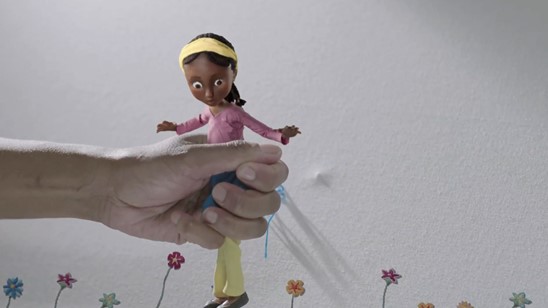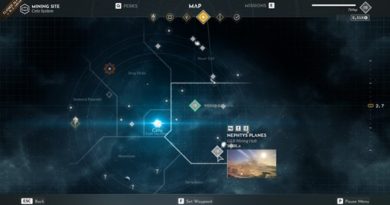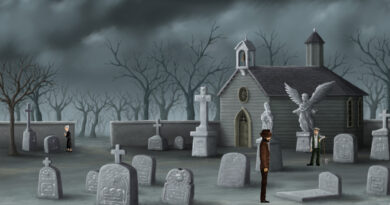Animated film on (FGM) launched in the UK
London based African women’s charity FORWARD today launches Needlecraft, the first animated short film of its kind addressing the issue of (FGM) in the UK.
Needlecraft is the first of three animated films on FGM to be released by FORWARD and award winning production company Animage Films. A version of Needlecraft which is suitable for primary schools, entitled My Body, My Rules will be released later in the year, as well as a film entitled The Story of Ghati and Rhobi made for distribution in Tanzania and other African countries. The film has been developed to raise awareness of FGM among a wider public audience in the UK, to galvanise the public to support the campaign to end FGM and to help raise much needed funds for FORWARD’s work campaigning to end FGM.
FGM is an entrenched harmful practice that has affected more than 130 million girls and women globally. Many migrant communities residing in Europe continue the practice. In the UK it is estimated that over 100,000 women are living with the consequences of FGM and 60,000 girls are at risk. FGM has been illegal in the UK since 1985 and the law was revised in 2015. However, data from the Department of Health shows that over 14000 incidents of FGM have been identified in UK hospitals from September 2014 to March 2015.
Needlecraft beautifully and yet strongly portrays the severity and complexity of FGM. Developed by FORWARD and Animage Films with support from the End FGM Guardian Global Media Campaign. The film was funded by Comic Relief and The Sigrid Rausing Trust and animated by the Oscar™ winning animator, Daniel Greaves.
Naana Otoo-Oyortey MBE, FORWARD’s Executive Director notes that: “As we reflect on the past 30 years of campaigning on FGM in the UK and in Africa, FORWARD acknowledges the increased policy developments and media profiling of FGM. However, key actors at all levels need to be awakened and aware of their key roles as legislation alone cannot end this practice. The aim of Needlecraft is to offer a more visual way to invoke passion and action. As we approach the summer season when girls will be at more risk, this is a timely opportunity to alert people that FGM is still a hidden form of abuse. We recognise that this animation is hard hitting and may engender strong emotions in some people, we did not choose this direction lightly, and feel that the use of the animation and the doll still ensures the dignity of women and girls affected by FGM is upheld.”




